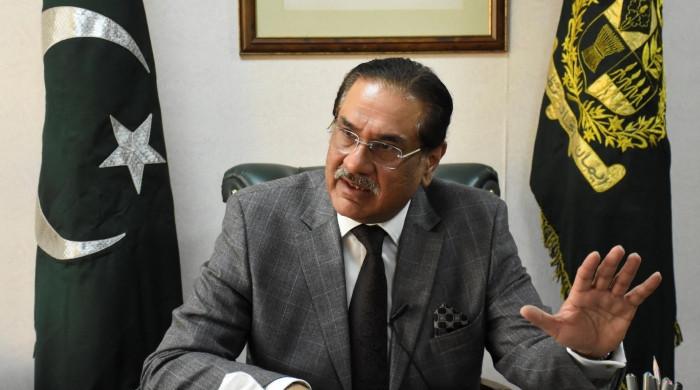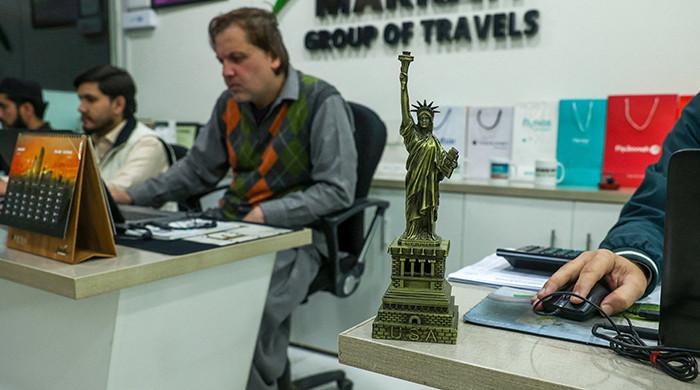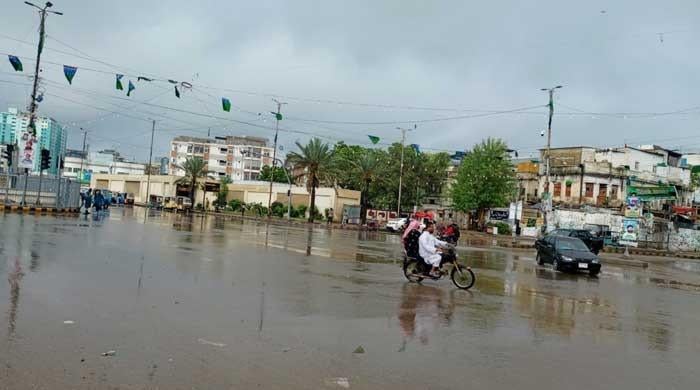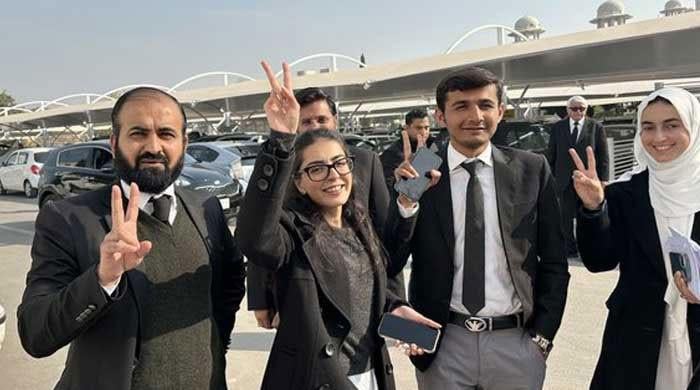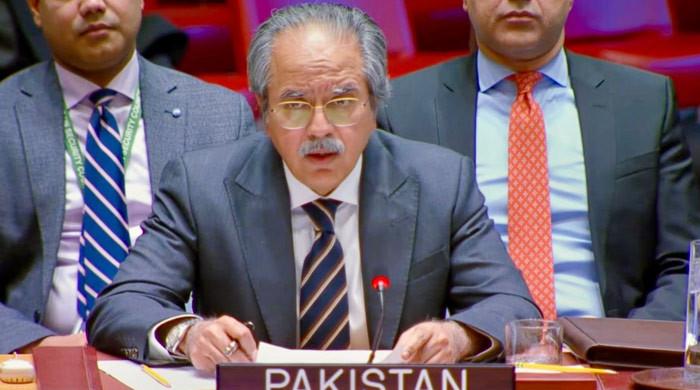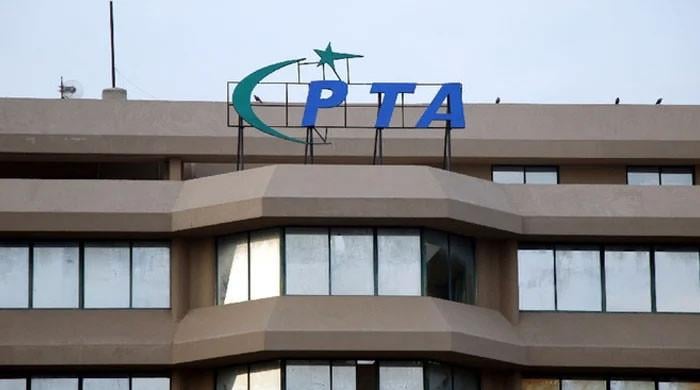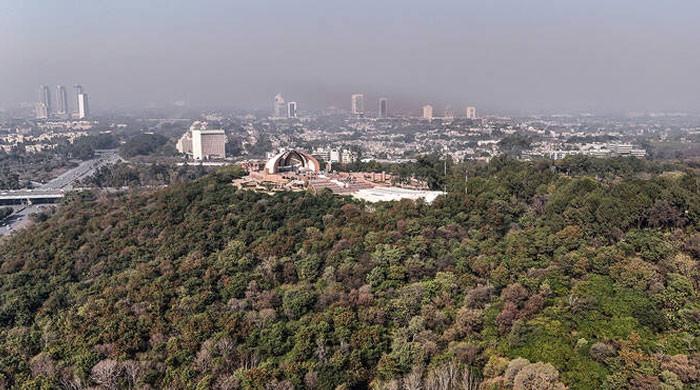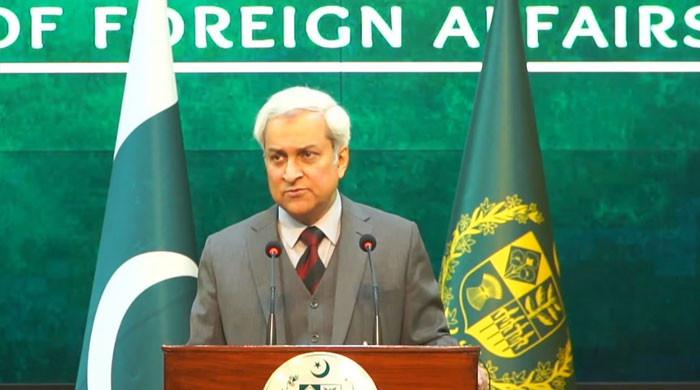LG polls: IHC to hear ECP, Centre’s intra-court appeals on Jan 9
Court moved against single bench's order on holding Islamabad LG polls
January 02, 2023
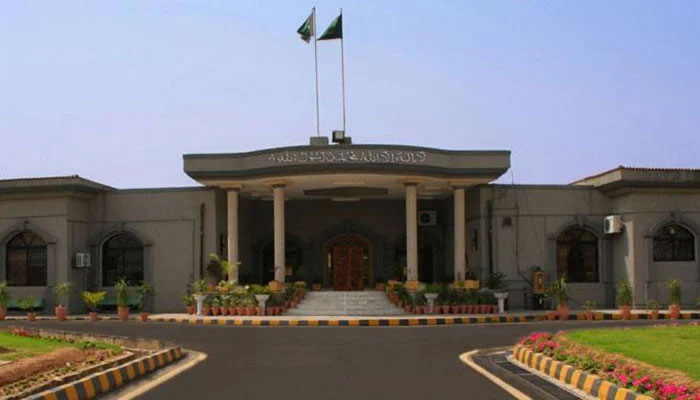
- IHC declares ECP and federal govt’s intra-court appeals maintainable.
- IHC rejected govt's plea to suspend single bench's verdict today.
- Court issues notices to PTI, JI for January 9.
ISLAMABAD: The Islamabad High Court (IHC) on Monday accepted the Election Commission of Pakistan (ECP) and federal government's intra-court appeals against a ruling of its single bench regarding the holding of local bodies polls in the federal capital on December 31.
A two-member bench of the IHC, headed by Chief Justice Aamer Farooq, decided to hear the intra-court appeals on January 9.
The court issued notices to the Pakistan Tehreek-e-Insaf (PTI) and Jamaat-e-Islami (JI) for January 9. However, the IHC rejected the ECP and the government's plea to suspend the single bench's verdict on the same day (today).
ECP lawyer Mian Abdur Rauf and the federal government's Additional Attorney General (AAG) Munawwar Iqbal Duggal attended the hearing.
The ECP's lawyer told the court that the commission ruled to postpone the LG polls on December 27, citing their reasons. However, he added that the single bench did not consider the reasons and ruled to hold LG votes on December 31.
Rauf argued that the ECP's decision to postpone the polls is final as parliament has already passed the bill (amended) of the union councils’ (UCs) increase. However, President Arif Alvi returned the bill without signing it, he added.
IHC Chief Justice Aamer Farooq said they could not postpone an election just because of a bill. He added that the ECP lawyer's arguments needed to make more sense.
The AAG argued that the ECP was a constitutional institution that could not be dictated. Advocate Jahangir Jadoon added that the court only gave a few hours to hold polls in the capital territory.
Justice Farooq questioned what would have happened if the court had just terminated the ECP's order to postpone the polls. In that case, the ECP would have had to prepare for polls, the ECP DG Law said.
The CJ questioned if the ECP was not bound to hold elections on December 31. The DG law responded by saying the ECP is independent and announces the schedule considering ground realities.
Justice Aamer asked what the procedure is to hold the polls again if they are postponed. The ECP, in that case, would announce a new date for the polls, the DG responded.
The court inquired how many days are needed to hold the polls again if the number of unions councils is increased. The DG laws responded by saying the ECP will hold the polls within 120 days if the number of UCs is changed, adding that they also have to rectify mistakes in the voter lists.
The AAG argued that they could not submit the federal government's response due to lack of time and had filed an application for interim relief.
The ECP lawyer urged the court to suspend the single bench's judgment. The IHC CJ responded that the suspension of judgement had been rendered moot as the polls were not held.
The IHC inquired if the only lawful way for the ECP was to give a new schedule now. The ECP lawyer said they would need to issue a new plan if they have to hold polls in the existing 101 UCs.
After the completion of the arguments, the court reserved its verdict on the admissibility of the intra-court plea.
The IHC on Friday nullified the ECP's orders, instructing it to hold local government elections in the capital on December 31.
IHC’s Justice Arbab Muhammad Tahir accepted the petitions of PTI and JI, seeking to nullify ECP’s decision to postpone the local government elections.




